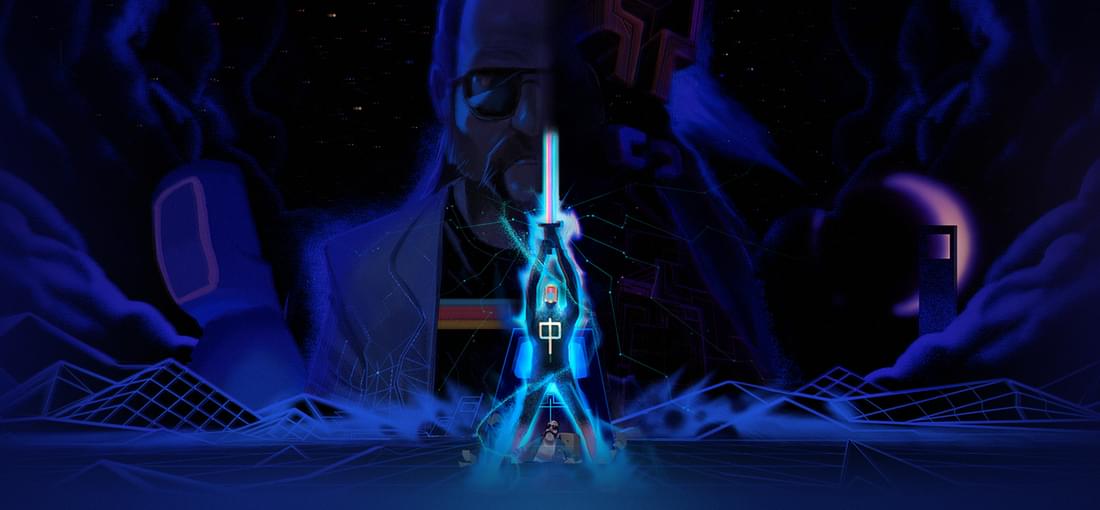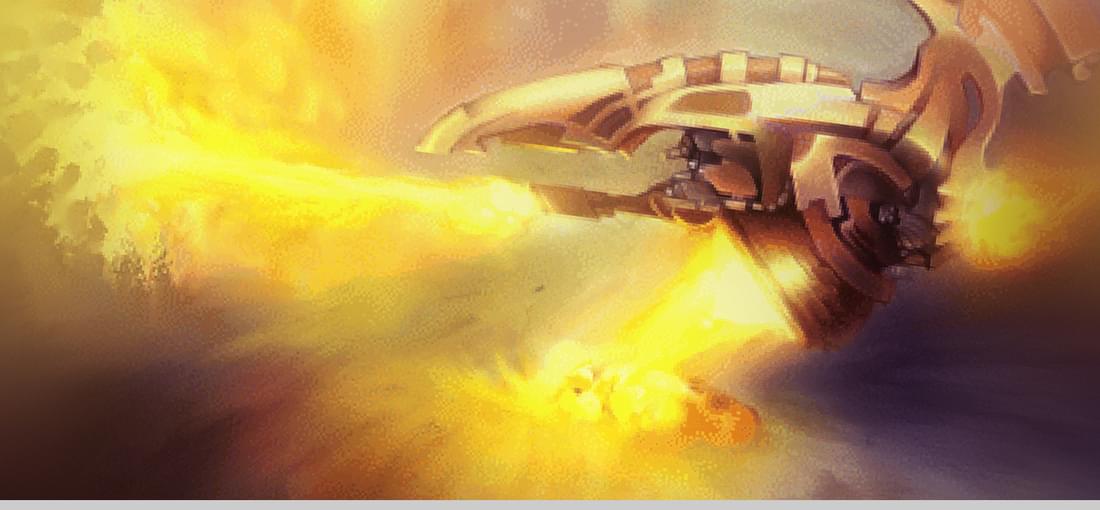


Narita Boy is outside my typical area of enjoyment in games. I've played a lot of sidescrollers over the years, starting out with DOS-era titles like Jazz Jackrabbit and Alien Carnage, but I've never been able to enjoy them quite as much as semi- or full-3D games, especially FPSes, like Doom and Quake. But since I got it on giveaway and it came recommended by a friend, I gave it a shot. What I got was a surprisingly poignant story and what felt like an original take on the now well-trodden genres of 80s synthwave aesthetic and cyberspace isekai. Mechanically speaking, I can't say much for Narita Boy. As mentioned in other reviews, its controls are awkward and apparently un-remappable (I didn't actually think to try) and the I-frames on the dodge are, at best, unpredictable. But the game is short and briskly-paced, and ends well before these shortcomings have time to truly entrench themselves. The boss fights are for the most part forgiving, and in truth I had more issue with the shield-carrying normal enemies then any boss save that of the red code kingdom. Some people also found the heavy, blurry post-processing effects to be an issue. I myself played part of the game while wearing sunglasses, which, in retrospect, feels quite appropriate to the subject matter. What it does have is excellent atmosphere, pixel animations and soundtrack. In as far as action side-scrollers go, I would recommend Narita Boy before many other similar titles, despite its flaws. There is a spirit in its code I've not seen elsewhere- and I don't just mean the big bad sorcerer.
Ring Runner: Flight of the Sages is an unknown gem- didn't even have a steam release at launch. I had never heard of it prior to the day of its launch here on GoG some years ago. A mere ten dollars, I gambled on it and it payed off in spades. It's a lovingly crafted 2D, top-down space shooter with some heavy RPG elements. At the center of the experience is a brilliantly written campaign full of twists and dry humor about a distant future. Ring Runner offers a compelling, fast paced and tactically diverse gameplay experience, including about sixty different ship hulls across five distinct ship classes and grouped by power level into five tiers. There are a number of hulls that are hybrids of two or even three classes, and a special set of "Duo" ships that allow for two player local coop, with one player steering the ship and another operating an independent turret. Each class also has passive "veterancy" bonuses earned in-game for getting kill streaks, but reset if you get blown up. There are hundreds of different components, allowing you to customize your loadout to an intense degree. In any game mode, including the campaign, you earn "plex" to spend on researching and purchasing new ship hulls and parts from the lab, which act as a sort of experience meter: reaching certain net worth milestones unlocks new prebuilt ships. Add to this a beautiful backgrounds and visual effects, fully-functional Newtonian physics, an excellent, atmospheric soundtrack, and steam workshop support so that you can share your ship setups with others, and you have a recipe for a game that is, I think, one in a million. If you enjoy space shooters or action RPGs of any kind, you cannot afford to miss Ring Runner.

Among the first videogames I ever played as a kid, Tyrian left an indelible impression on me, as a vertical scrolling shoot em up to put most, I think, to shame. I was delighted by Tyrian's fast action, tight controls, vibrant colors, amazing soundtrack by Alexander Brandon, depth of ship customization , and most unusually for the genre, the sheer volume of written story and dialogue, lending itself to the unusually long length of the singleplayer campaign, as shmups go. Given the medium, Tyrian did as much as it could to provide context for your desperate flight from the namesake world and a long, pitched struggle against the evil forces of the Microsol mining corporation, with allies few and far between and a way out of the madness fading in the distance. Tyrian is the sort of shmup and the sort of game in general that fully expects the player to actually finish it, something that was uncommon in its day. It has many difficulty settings, and takes pains to give you the tools to negotiate its levels and to make the experience enjoyable throughout. It WANTS to be played. Tyrian was probably my first experience with a game that put an emphasis on fun and storytelling. While games of the 90s and action games in particular had no shortage of the former, the latter was significantly harder to come by. Games like Tyrian, One Must Fall: 2097, Traffic Department 2192, and Strife established the value of plot and context in various genres outside of RPGs for me, something I would never forget.